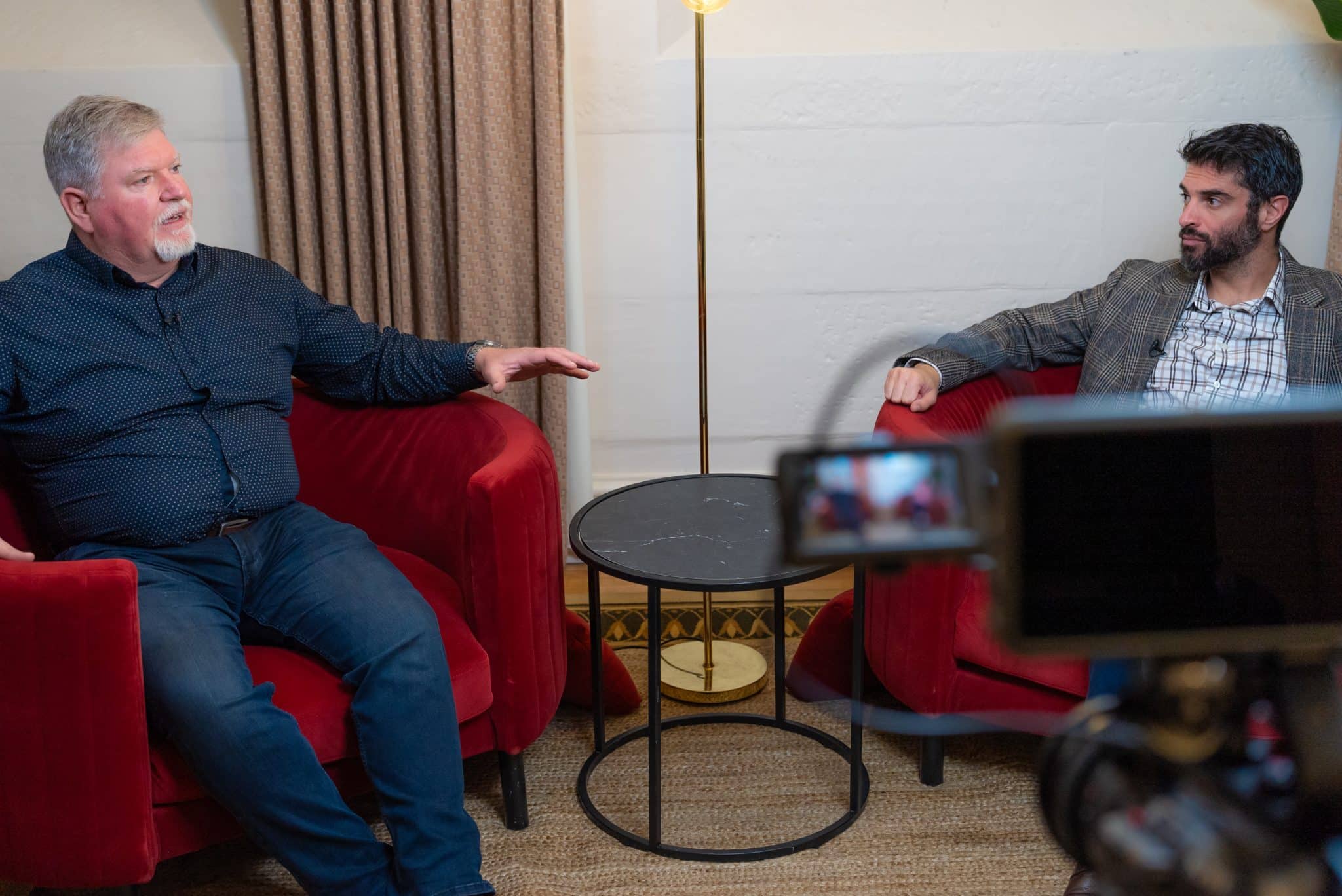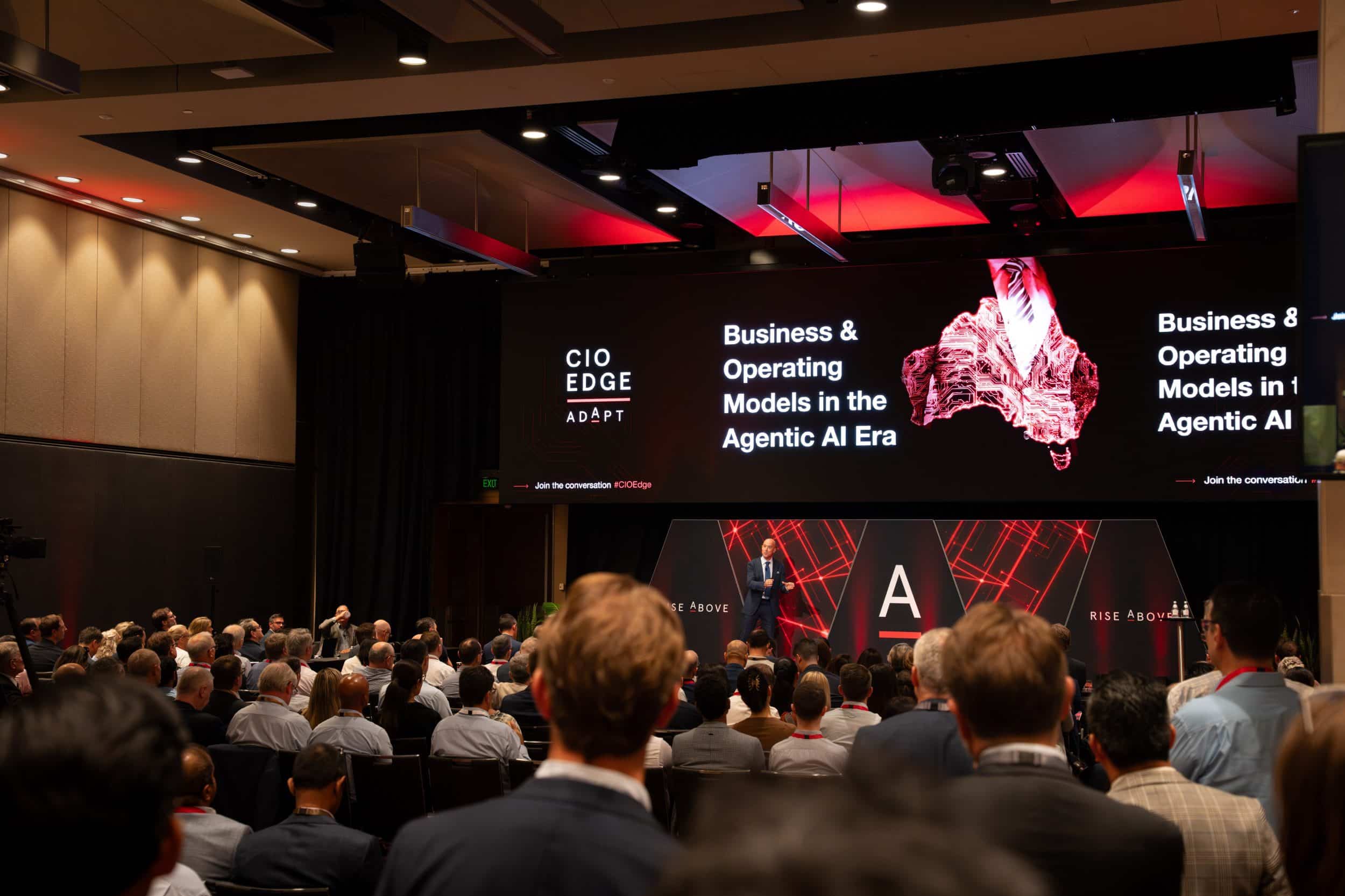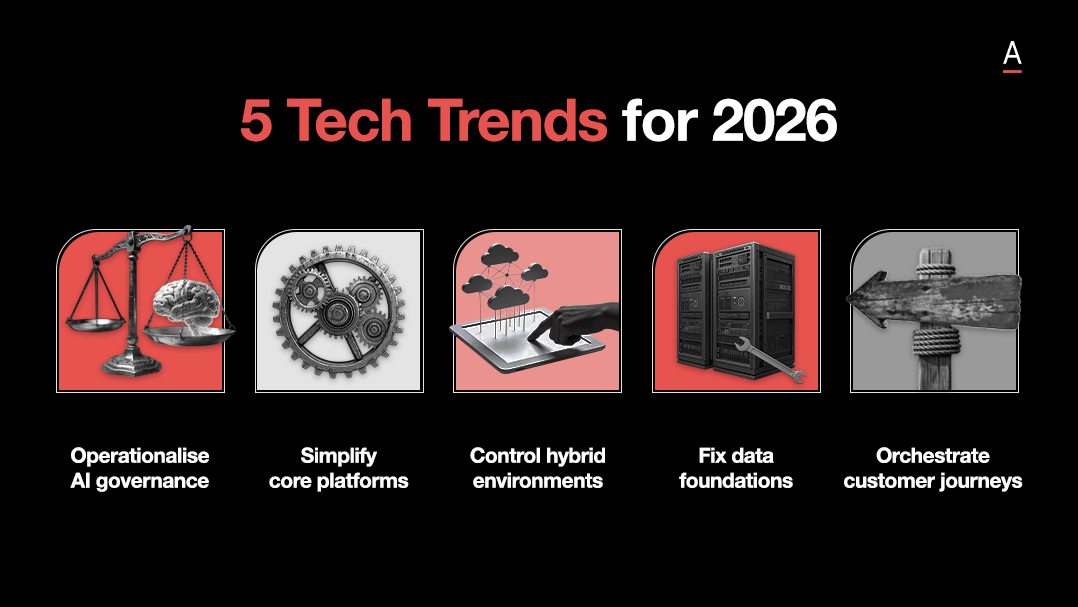Fostering agility and innovation: APA Group’s former tech enablement head on bridging the tech gap and empowering teams and processes
Roger Lawrence, former Head of Tech Enablement at APA Group, explores the 'Sunday-Monday problem' and the need to align people, processes, and innovation in this CIO Edge interview.Roger Lawrence, former Head of Tech Enablement at APA Group, explores the ‘Sunday-Monday problem’ and the need to align people, processes, and innovation in this CIO Edge interview.
The ‘Sunday-Monday’ problem, refers to the shift in how people experience technology, where consumer technology has surpassed enterprise technology.
In the past, workplace technology was more advanced than what individuals had at home.
However, since the rise of smartphones and cloud services, many people now have access to better tools in their personal lives than they do at work.
This creates challenges for organisations, such as maintaining architectural governance and avoiding tech debt, while also addressing issues like cyber security.
At the same time, the rapid adoption of technologies like generative AI offers opportunities to enhance agility and innovation in the workplace.
To overcome these challenges, Roger stresses that it is important to recognise that business solutions go beyond just technology; they involve people and processes.
Processes in many organisations are often undocumented and rely on the knowledge of individuals.
Therefore, building strong relationships, fostering entrepreneurial thinking, and having a deep understanding of both the business and the technology are crucial.
Leaders need to prioritise hiring people who can bridge the gap between business needs and technological possibilities and who can effectively “sell” the vision of innovation within the company.
Attracting and retaining talent with a startup mentality in large corporations requires creating a sense of purpose.
While financial incentives play a role, true innovation happens when individuals are driven by a mission and a passion to solve complex problems.
Organisations must cultivate a culture that enables employees to be resourceful and creative, even with limited resources, and empower them to take ownership of their ideas.
Innovation teams should focus on enabling the business to innovate, rather than being the sole drivers of innovation themselves.
Key takeaways:
- Shift in technology expectations: Consumer technology, fuelled by mobile and cloud innovations, often surpasses enterprise tech, creating challenges for organisations to stay agile and competitive.
- Importance of people and process: Successful business solutions require not just technology, but also strong relationships, clear processes and entrepreneurial thinking to drive innovation and agility.
- Mission-driven innovation: Attracting top talent and fostering innovation requires a sense of purpose, empowering employees to solve meaningful problems and enabling the business to innovate from within.





























